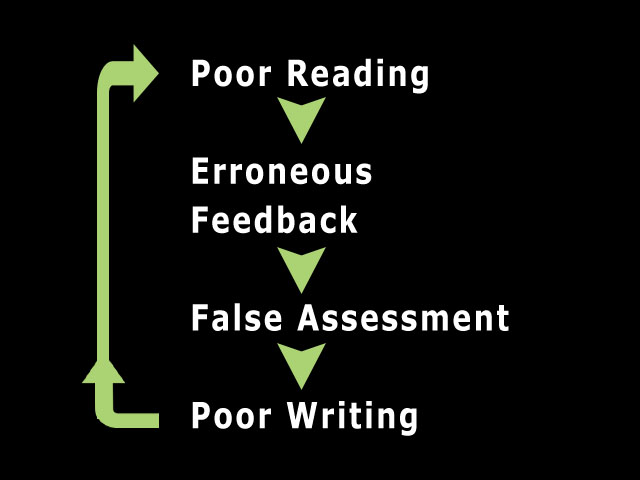As a fiction writer, you create worlds. You create a different reality, populating it with characters and meaning. In essence, the role of writing as art is to inspire affect – that is, an emotion, a thought, or a state of mind. And learning how to manipulate readers can be an integral part of this endeavor.
At first, the idea of an author manipulating readers might sound controversial. This is probably a result of the connotations the word “manipulation” contains. But, as with so many other things, the controversy stops once you realize what manipulating an audience really refers to in this context.
Manipulating your readers creatively has nothing to do with writing gimmicks. The former is a legitimate literary device; the latter has nothing to do with the art.
In today’s article I’ll show you:
- What it means to manipulate your audience.
- Why would you want to do that.
- How to manipulate readers in an efficient, respectful way.


